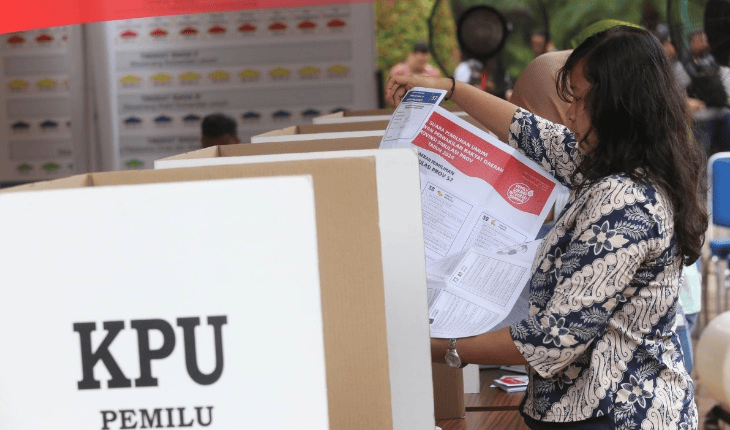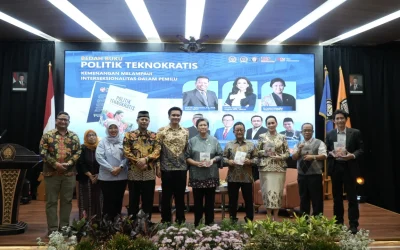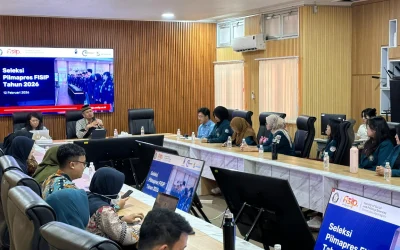Demak, Central Java – A recent study published in the journal titled “The Independence of Rural Women in Political Decision-Making in Village Head Elections: A Study of Voting Behavior from Sociological and Psychological Dimensions” reveals that women in rural areas are still not fully independent in making political choices. The study focuses on village head elections (Pilkades) in two villages in Demak Regency, Central Java, utilizing sociological and psychological approaches to analyze the voting behavior of women.
The research shows that although the number of female voters in the villages is equal to that of men, their choices in the Pilkades tend to be influenced by male figures around them, such as husbands or community leaders. Socio-economic conditions, religion, social-political affiliations, and family or community influence are key factors shaping voting behavior, indicating a psychological dependency on male authority figures.
From a psychological perspective, the study found that women’s attitudes, perceptions, and emotions towards candidates, particularly female candidates, also play a crucial role. The findings suggest that female voters often face psychological barriers in supporting female candidates, which leads to lower chances for female candidates to be elected, despite the significant number of female voters.
The researchers conclude that sociological and psychological approaches are more relevant in understanding the voting behavior of rural women compared to a rational choice approach. The study involved a survey of 100 women who participated in the Pilkades in the two villages.
These findings are expected to provide new insights for policymakers, gender activists, and the general public in efforts to promote greater political independence for rural women in the future.
Source: Kushandajani, K., Fitriyah, F., Alfirdaus, L. K., & Martini, R. (2023). Kemandirian Perempuan Pedesaan dalam Menentukan Pilihan Politik di Ranah Pemilihan Kepala Desa: Studi Perilaku Memilih dari Dimensi Sosiologi dan Psikologi. Politika: Jurnal Ilmu Politik, 14(2), 269-286.
Author Information:
Dr. Dra. Kushandajani, M.S., is a lecturer in the Department of Politics and Government, Faculty of Social and Political Sciences, Universitas Diponegoro. Her research focuses on village governance and local government.
Contributor: Wulan Safitri





0 Comments